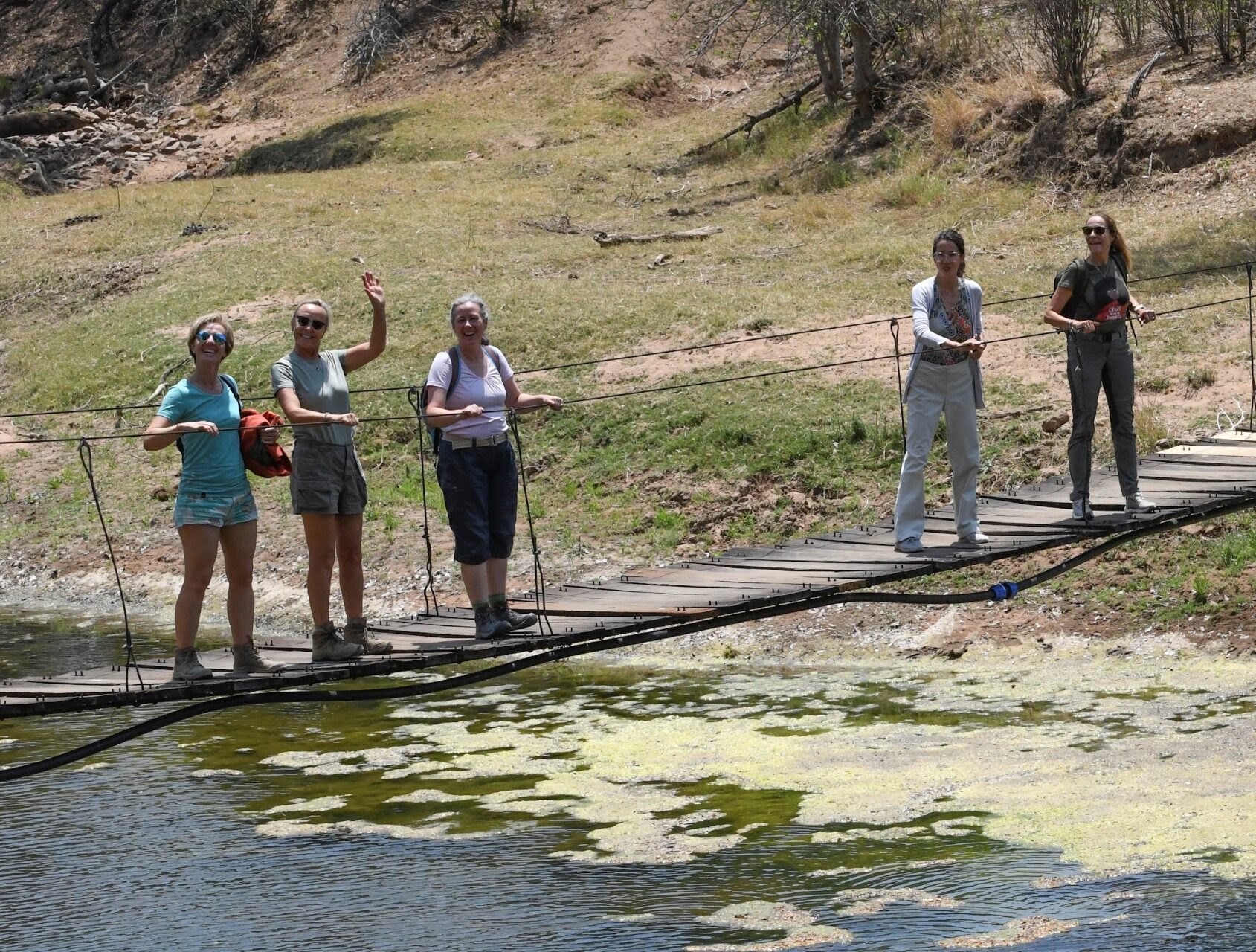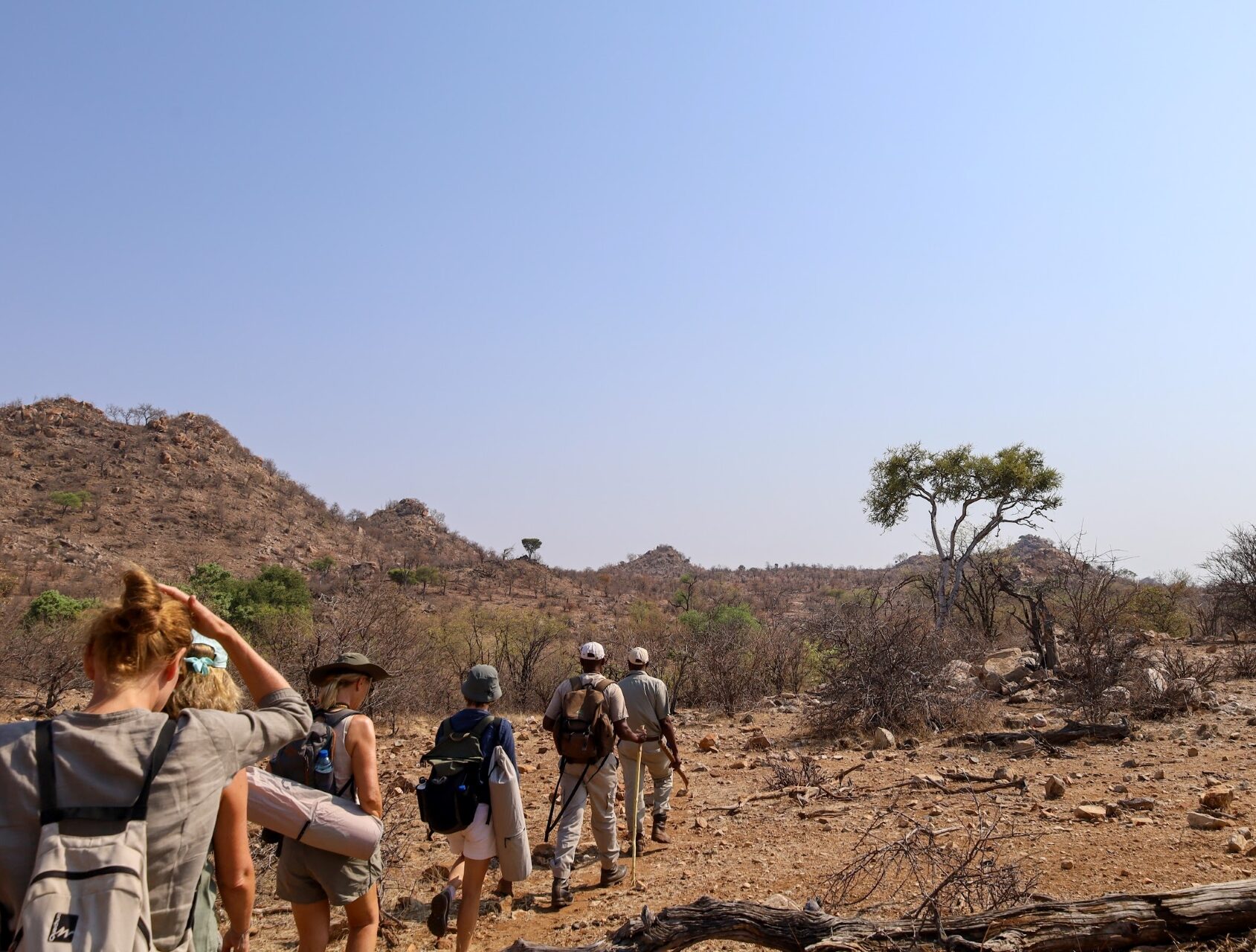In our fast-paced and increasingly digital world, taking the time to simply walk in nature has become a rare activity.
Perhaps as a child you walked in the woods or sometimes played in a park. As a teenager, you may have been encouraged to spend time outside in the schoolyard. However urban the school environment, you were spending time under the sky rather than in front of a screen.
Tell us … When was the last time you spent more than 15 minutes in a green or natural space without checking your phone?
As stress becomes more and more present in our busy societies, prioritising our health and emotional wellbeing has become a conscious act.
The average person spends close to 90% of their day in an indoor environment. We have become more sedentary and more disconnected from the natural world than ever. And even when we proactively engage in physical exercise, this is often done in the confines of a gym. Fortunately, the antidote to this disconnection is simpler than we may think.
Put one foot in front of the other, and step into nature…
The humble walk is a balm for busy brains. There is mounting evidence showing that time spent in nature benefits both our physical and psychological wellbeing. Did you know that spending just 20 minutes a day in a calm, natural environment can lower our blood pressure.
Walking with presence in a natural environment, whether a city park or the wilderness of a national park, creates profound changes to our inner world.
A study published in the International Journal of Wellbeing presented the biophilia hypothesis the biophilia hypothesis, the stress reduction hypothesis, and the attention restoration theory.
- The biophilia hypothesis argues that since our ancestors evolved in wild settings and relied on the environment for survival, we have an innate drive to connect with nature.
- The stress reduction hypothesis states that spending time in nature triggers a physiological response that lowers stress levels.
- Attention restoration theory tells us that nature replenishes our cognitive capacities that are so often depleted by our busy lives. It states that time walking in nature can restore our ability to concentrate and pay attention.
There are many different ways to simply be in nature. Whether this is sitting at the edge of a flowing river, lying on the grass looking up at the sky, or hugging a tree. One particularly impactful way to tune into the benefits of connecting with nature is through walking.
At Nature Connexion we are vocal advocates of walking safaris which is why we include mindful walking activities in our retreats.
Walking in nature provides the following benefits:
- Reduction of cardiovascular disease risks by strengthening the immune system. Walking as a cardiovascular exercise lowers the risk of diabetes and hypertension.
- Prevention of osteoporosis. The movement of the skeleton and articulations help increase bone density, which reduces the risk of fracture.
- Stimulates blood circulation in the veins.
- Helps burn calories and burn fat into muscle, which can be an effective way to maintain healthy body weight.
- Improves breathing, as exposure to the elements helps counter-balance the polluted air breathed in indoor environments. Air pollution can come from the perfumes in cleaning products, poor ventilation, and much more.
- Improves sleep patterns. Having healthy exposure to sunlight helps regulate our ‘circadian rhythm’ which helps us sleep better and offset the negative impacts of screen time.
On top of that, our improved breathing through walking in nature has mental health benefits too, as it forces you to slow down. Conscious breathing helps decrease symptoms of anxiety and depression as it quietens the mind; it facilitates groundedness and a state of presence. You can listen to the birds chirping or the alarm calls in the savanna. You can observe unique colours and smell the intoxicating scent of flowers, focusing on animals’ tracks on the ground. It is the best and easiest meditation practice you can get!


Practising gratitude while walking can be a spiritual act. Have you ever heard of the “open focus mind”, harnessing the power of intention ? Open Focus practice helps to develop attentional skills, the most basic behaviour in which we engage. It encourages awareness of how you attend to the wide array of sensory experiences-and the space between those experiences. Learning to foster attention that is non-exclusive and non-judgmental allows you to integrate your experiences with openness and flexibility.
Whether it is the way the sunlight hits a young leaf, a simple blade of grass, the rare and wild animal you may encounter on your safari experience…. Guide your attention on the elements, appreciating the infinite variety of life that surrounds you.
We invite you to take a walk in nature the next opportunity you get. Practice awareness of your senses, focus on your breathing, and appreciate all you observe.
Have you ever been tempted to go on a safari, where one can spend hours immersed in the true fabric of nature, wandering… ? This is medicine for the soul.





